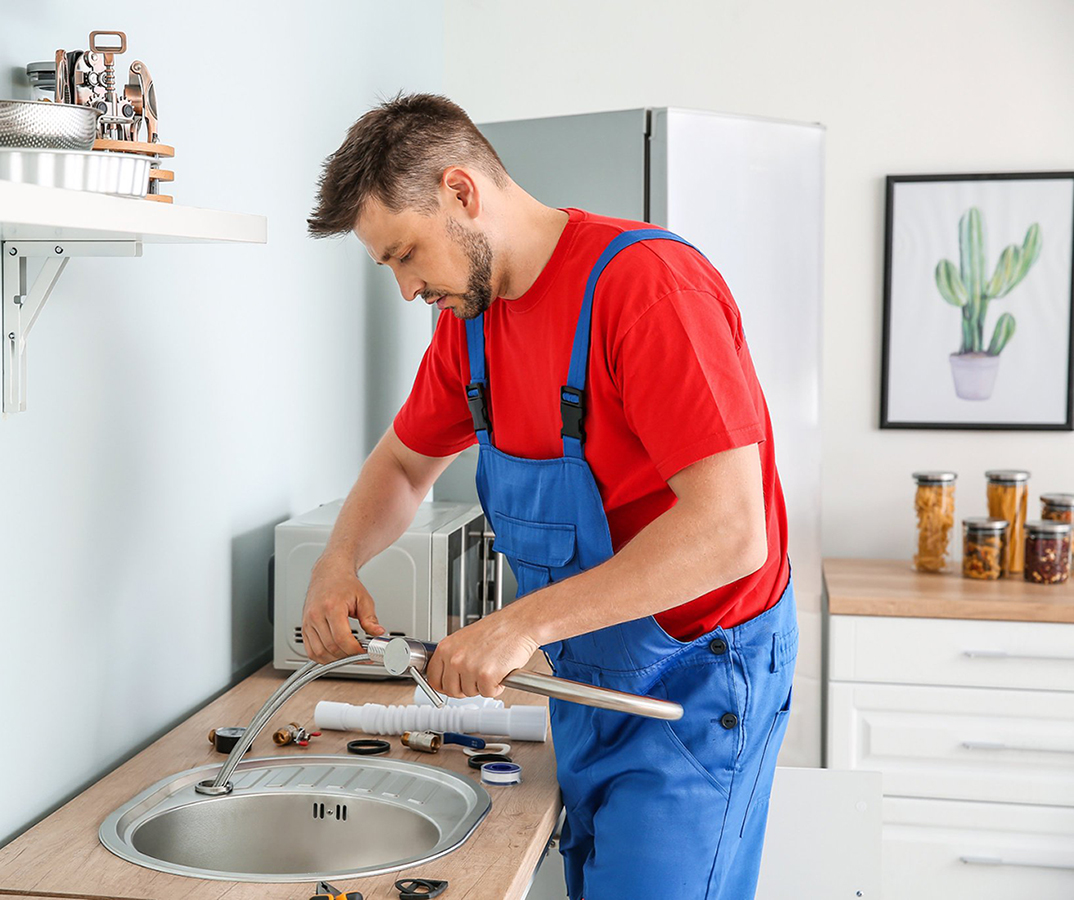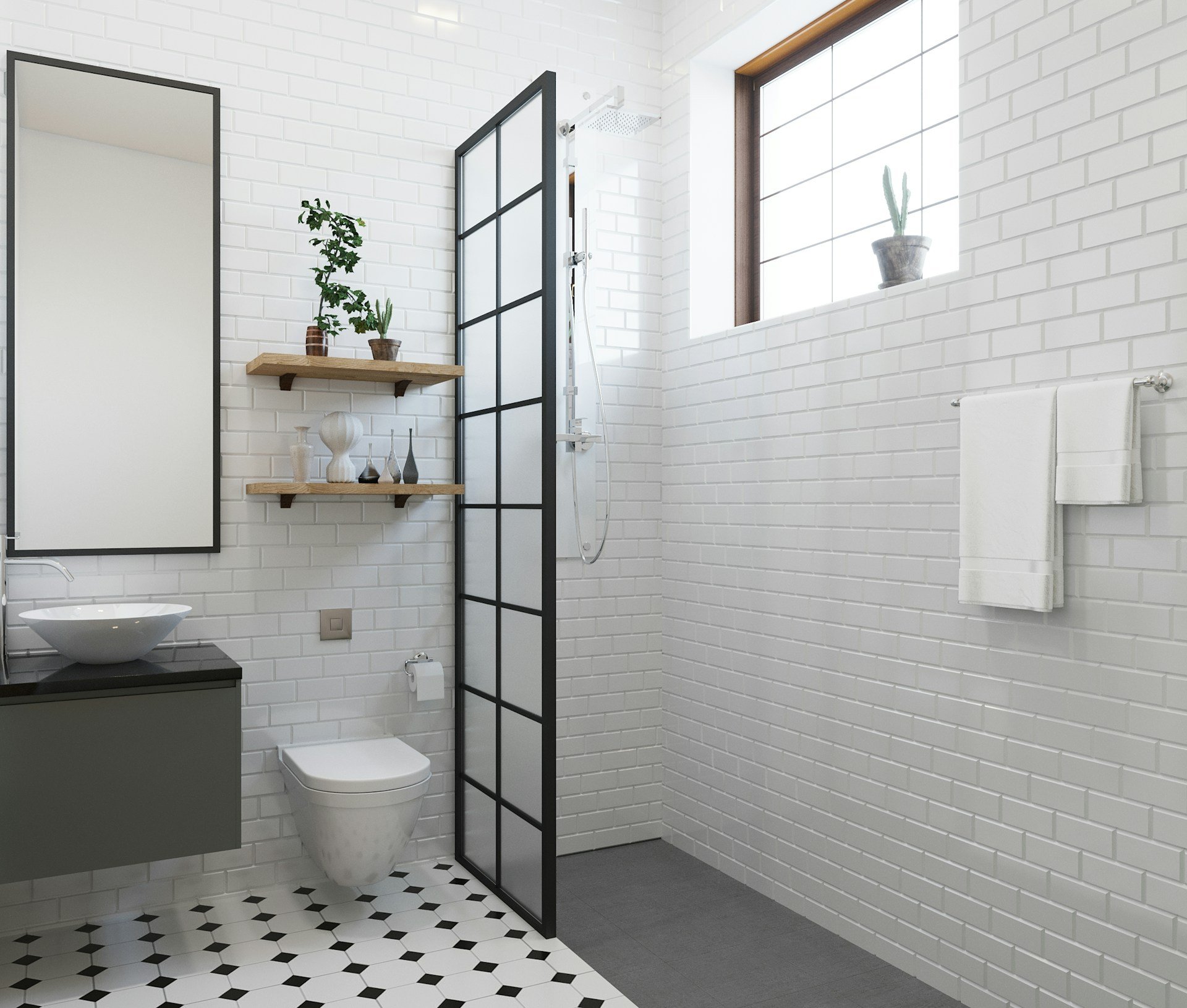How to Maintain Your Bathroom Plumbing: Essential Tips for New Homeowners
How to Maintain Your Bathroom Plumbing: Essential Tips for New Homeowners
Blog Article
Right here further down you can get lots of wonderful guidance involving General Plumbing Tips for New Homeowners.

For brand-new home owners, understanding and maintaining restroom plumbing can conserve both time and money by protecting against costly problems down the line. Right here are some necessary washroom plumbing tips to aid you keep whatever running efficiently.
Acquaint Yourself with the Main Shut-Off Shutoff
Recognizing where the major water shut-off shutoff is located in your home is essential. This permits you to swiftly turn off the water supply in case of significant leaks or throughout plumbing emergency situations, stopping extensive water damages.
Frequently Evaluate for Leaks
Tiny leaks can bring about big troubles. On a regular basis examine under sinks, around toilets, and near pipes components for any indications of leakages. Seek moisture, little drips, or corrosion. Capturing and fixing leakages early can prevent extra significant damage and save water.
Don't Neglect Slow Drains
If your sink or tub is draining pipes gradually, it's frequently an indication of a blockage creating. Resolving this very early can protect against a full clog. Utilize a bettor or a plumber's serpent to remove debris. Avoid using chemical drain cleansers as they can damage your pipes with time.
Know What Not to Flush
Commodes are not waste disposal unit. Stay clear of flushing anything besides toilet tissue and human waste. Products like wipes, womanly hygiene products, and cotton swabs need to be disposed of in the garbage to prevent obstructions and drain backups.
Set Up Strainers in Drains
Area strainers in your sink and tub drains pipes to catch hair and other debris before they enter your plumbing system. Cleansing the strainers regularly will assist prevent accumulation and maintain water moving freely.
Maintain Your Water Heater
Ensure your water heater is set to a proper temperature level (commonly about 120 levels Fahrenheit) to prevent scalding and reduce energy use. Flush the container each year to get rid of sediment buildup, which can decrease the efficiency and life-span of your heating system.
Update Your Components
If your home has older fixtures, take into consideration updating to much more efficient models. Modern bathrooms, showerheads, and faucets are developed to utilize much less water while offering good stress, which can dramatically reduce your water bill and environmental footprint.
Beware with DIY Pipes Fixes
While it's tempting to manage all home repair work by yourself, beware with plumbing. Some issues may call for professional expertise, especially if they include primary water lines or drain fixings. Hiring a professional can in some cases be much more economical than do it yourself, specifically if it protects against more damage.
Prepare for Winter
Shield your pipelines from freezing throughout winter by protecting pipes in unheated areas like cellars, attics, and garages. Throughout extreme cool, let cold water drip from taps served by exposed pipes to assist protect against cold.
Set Up Normal Maintenance
Consider organizing annual evaluations with a licensed plumber. They can identify issues that you could miss, such as surprise leaks or damage on pipelines and components. Routine upkeep helps prolong the life of your pipes system and can avoid emergencies.
Final thought
Recognizing and maintaining your home's shower room pipes can prevent numerous usual problems. By following these important suggestions, you can ensure your bathroom stays practical and efficient, saving you money and time in the future.
Essential Plumbing Tips for Homeowners: Keep Your Pipes Flowing Smoothly
As a homeowner, understanding the basics of your plumbing system can save you time, money, and a lot of headaches. Plumbing issues can range from minor annoyances like dripping faucets to major problems like burst pipes that cause significant damage. This guide provides essential tips to help you maintain your plumbing system and tackle common issues.
Understanding Your Plumbing System
Supply System: Brings fresh water into your home from a municipal source or a well. Drain-Waste-Vent System: Removes wastewater and vents sewer gases outside. Fixtures and Appliances: Includes sinks, toilets, showers, dishwashers, and washing machines. Basic Maintenance Tips
Regular Inspections: Periodically check for leaks, corrosion, and other signs of wear and tear. Look under sinks, around toilets, and near water heaters. Know Your Main Shut-Off Valve: In case of a major leak, you’ll need to shut off the water quickly. Ensure everyone in your household knows where the main shut-off valve is located. Prevent Frozen Pipes: In cold climates, insulate exposed pipes and let faucets drip during extreme cold to prevent freezing. Use Strainers: Install strainers in sinks and tubs to catch hair, food particles, and other debris that can cause clogs. Common Plumbing Issues and Solutions
Clogged Drains:
Prevention: Avoid pouring grease down the drain and use drain screens to catch debris. DIY Fix: Use a plunger or a plumbing snake to clear minor clogs. For stubborn clogs, a mixture of baking soda and vinegar can sometimes help. Leaky Faucets:
Prevention: Replace washers and seals regularly. DIY Fix: Turn off the water supply, disassemble the faucet, and replace worn parts.

At This Website Report this page